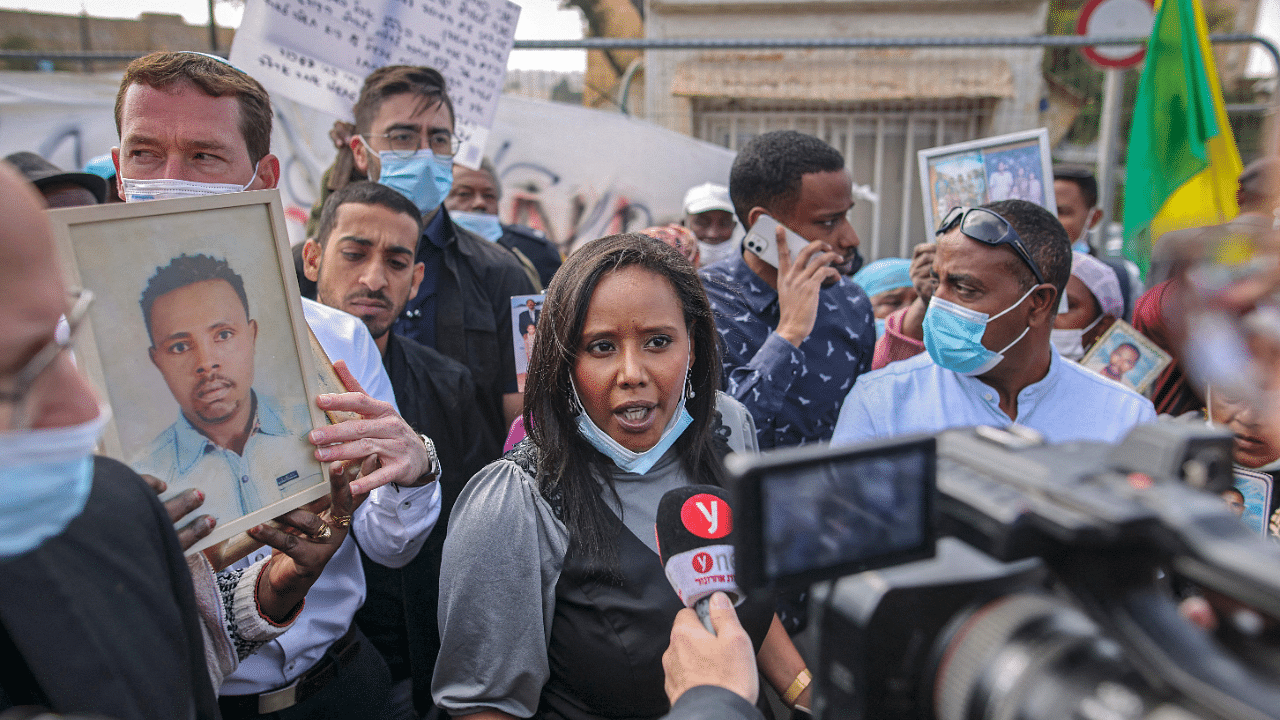
The UN human rights office is citing reports that authorities in Ethiopia have detained at least 1,000 people, most of them of Tigrayan origin, under a state of emergency the government declared earlier this month after a brutal year-long war with rival Tigray forces.
The arrests occurred in Ethiopia's capital, Addis Ababa, the northern cities of Gondar and Bahir Dar, and other places, according to Liz Throssell, a spokesperson for the Office of the UN High Commissioner for Human Rights.
She told reporters Tuesday that Ethiopian authorities have often detained people on suspicion of “being affiliated to or supporting the Tigray People's Liberation Front."
Ethiopia's war has killed thousands of people and created one of the world's worst crises.
Hundreds of thousands face famine conditions in the Tigray region under what the United Nations has called a “de facto humanitarian blockade.”
“The state of emergency in force in Ethiopia risks compounding already very serious human rights and humanitarian situation in the country,” Throssell said, referring to the Nov. 2 government decree.
“Its provisions are extremely broad, with vague prohibitions going as far as encompassing 'indirect moral' support for what the government has labelled terrorist groups.'”
Ten local UN staff members and some 34 drivers working under UN contracts remain in custody in Ethiopia, Throssell said.
She expressed concerns about detention conditions, including in overcrowded police stations, and said detainees are entitled to know any charges against them and have a right to a fair trial.
Months of political tensions in northern Ethiopia between Prime Minister Abiy Ahmed's government and the Tigray leaders who once dominated Ethiopia's government exploded into a war in November 2020.
Following some of the fiercest fighting of the conflict, Ethiopian soldiers fled the Tigray capital, Mekele, in June.
Tigray forces launched a recent offensive and are approaching the capital Addis Ababa to press Abiy to step aside and lift a deadly months-long blockade that has cut off food, medicine and other aid from the region of around 6 million people.
Watch the latest DH Videos here: